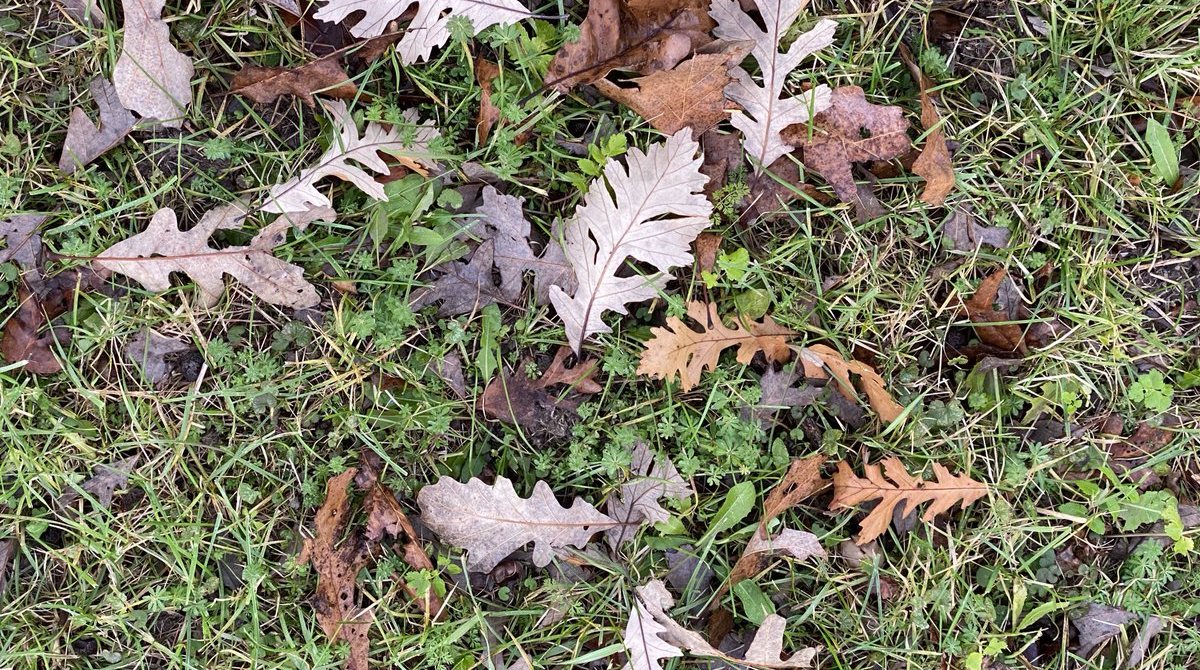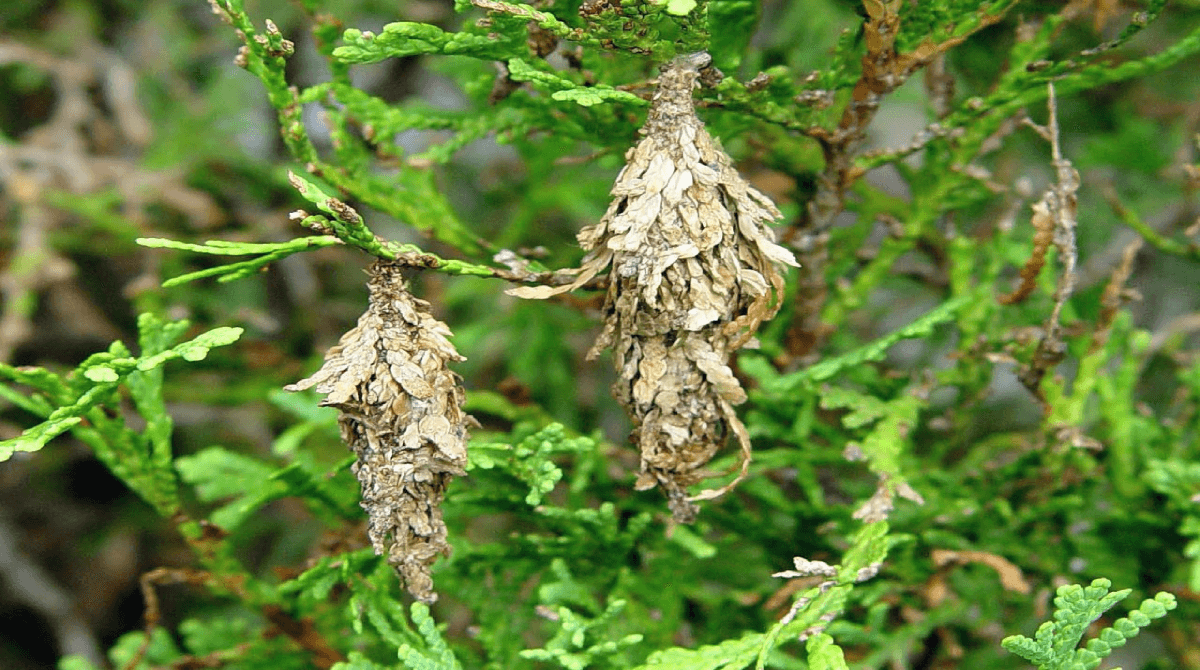
Date May 12, 2022
Category
There’s so much more to oak trees than just providing shade and a pretty autumn display. Did you know that the leaves can also affect soil pH? Read on to learn how oak leaves can impact and even help the pH balance of the soil in your garden!
How Does the pH Scale Work?
To understand the answer, we need to first understand the question! So, what exactly is the pH scale, how does it work, and what difference does it make?
Soil pH is important to test as it impacts what plants will most likely grow well in that type of natural environment. Essentially, it’s a rating scale from 0.0 up to 14.0 of the alkaline or acid amounts in the tested soil. An acidic soil rating is defined as anything 6.9 and lower, while an alkaline soil rating measures 7.1 on up to that 14.0. Neutral is, of course, a dead-center measurement of 7 on the pH scale.
Tip: Trees such as willow oak, pin oak, and magnolia grow well in acidic soil, and bur oak, green ash, and maple trees are a few of the trees that typically do best in alkaline soil.
Do Oak Leaves Make Soil Acidic?
This is a pretty popular semi-myth. A freshly fallen oak leaf is quite acidic, with a pH rating of about 4.5 to 4.7 on average. If the soil it fell on was immediately tested, the pH of the soil would indeed be lowered, but only slightly and very temporarily. As the fallen oak leaves begin breaking down, they also begin to neutralize, and the surrounding soil returns to its original balance.
So, while there is a little truth that soil acidity is affected, even large amounts of fallen oak leaves will ultimately not make any lasting difference on soil pH.
Tip: If you’re needing a pH modifier for your soil, try something like sphagnum moss.
What Else Can Oak Leaves Do for My Soil
Even though they alone aren’t able to lastingly affect the acidity of your soil, fallen oak leaves still help your yard with their many other functions. They are a great addition to your homemade mulch for how well they insulate plant roots and, if applied after watering, also help conserve moisture in the soil. Oak leaves also create wonderful environments for beneficial microorganisms as they break down.
Tip: Chop up the leaves before applying them to allow easier access to above ground oxygen and watering for the soil and roots below. Also, consider adding a nitrogen fertilizer, as those microorganisms have a tendency to lower nitrogen levels in the soil.
Oak leaves can have a big impact on the pH balance of your soil, so if you’re looking to increase the acidity or alkalinity, introducing oak leaves to your garden care may be a good option for you. If you’d like help keeping your soil pH balanced, contact TreeNewal today! We offer a variety of services to help gardeners just like you maintain healthy and beautiful gardens all year round!
If you need advice or assistance with checking the pH balance in the soil of your trees, get in touch with the ISA-certified arborists at TreeNewal and enjoy tailored tree care advice.
To learn more about How Do Oak Leaves Affect Soil pH?, call our Argyle and Southlake-based teams
at (817) 592-6846 or send us a message.
We’re a little different than the average tree services company.
Learn more about TreeNewal’s ISA Certified Arborists!
Our Dallas/Fort Worth-based tree doctors can explain how sustainable tree care services add more value to your bottom line.
Healthy trees, healthy lives.








